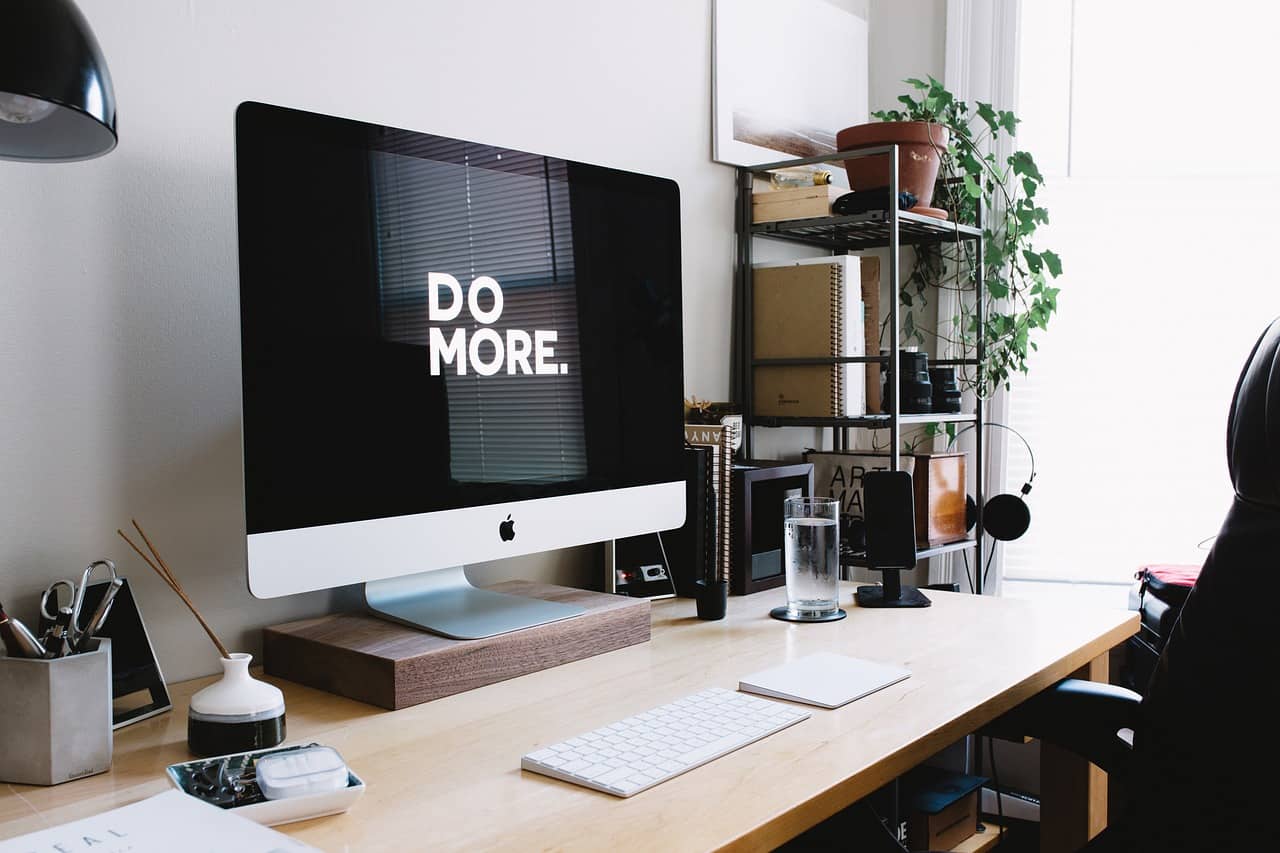Moira Horgan of Business in the Community Ireland on how Irish business rates against global CSR benchmarks.

Moira Horgan
Earlier this week, Business in the Community (BITC) Ireland awarded the Business Working Responsibly mark to eight companies working in Ireland. Moira Horgan, Head of Marketing with BITC Ireland explains why corporate social responsibility is important and the process companies go through to be audited for the award.
Q. How seriously are Irish businesses taking the importance of tackling sustainability?
We have been advising and supporting hundreds of companies on the sustainability agenda for the past 18 years. Indeed, we are the only business network solely dedicated to the Corporate Social Responsibility (CSR) and Sustainability agenda. I truly believe that some companies are taking it seriously as they are witnessing the impacts of being a responsible and sustainable business on their bottom line. All the research on being a sustainable business points to greater employee engagement, enhanced reputation, better tendering credentials and much more. But there is so much more to be done. For a company to take it seriously, the starting point must always be to measure what you are doing already-as the saying goes, “if you don’t measure it you can’t manage it”. That’s why our Business Working Responsibly Mark is a great place to start, it gives you a road map of risks and opportunities. In addition, Irish businesses must dedicate internal resources to sustainability. For a company to really embrace sustainability, it must be embedded in every aspect of the business, it can’t be just something you bolt on.
Q. How does the performance of Irish businesses rate against the UN’s Sustainable Development Goals (SDGs)?
Ireland’s ranking is 14th out of 149 countries in the SDG Index, which provides a ‘traffic–light’ report card for countries against the United Nation’s new Sustainable Development Goals (SDGs). We have ‘green lights’ in the indicators that assess Poverty, Good Health & Well-Being, and Peace & Justice. These are strengths we can build on. However, we need to consider whether these indicators are a predictor of our future success, or simply a reflection of our current state.We have ‘red lights’ related to Gender Equality (percentage of women in national parliament), Decent Work and Economic Growth (percentage of youth not in employment, education or training), and Life below Water (the status of our fish stocks) and Life on Land (the change in our forestry cover). These gaps will limit our capacity for sustainable economic growth and social cohesion if not actively addressed. A ‘red light’ that jumps out includes the prevalence of adult obesity; what does this current state mean to the future cost of our healthcare? What does this mean for the health and productivity of the workforce? In the future, employees, consumers and investors will be asking Irish businesses how are they are performing against the SDGs so it’s a really great framework to have and I urge all companies to really examine what they are doing around the Goals.
Q. What have been some of the highlights of the past year in terms of initiatives by Irish businesses in improving their CSR records and making concerted efforts in each of sustainability, diversity and community initiatives?
There are so many highlights. Our network of companies has grown so much over the past year and increasingly companies are coming to us either saying they have some CSR initiatives but don’t know what to do next so we help them devise a strategy or other companies want to really be seen as leaders in sustainability and we help them on that. A big highlight for us was eight companies achieving our Business Working Responsibly mark in 2017. Another highlight is how our companies are positively impacting on society through the volunteering efforts of their employees. Last year, 56 of our member companies provided over 225,000 volunteer hours which is pretty incredible. There was lots of highlights and we are doing some incredibly interesting work in the area of leadership and collaborative action but that’s a whole other story!
Q. Can you explain how your audited standard works and what has been taken into account with the companies who have achieved this?
The Business Working Responsibly mark is the country’s only independently audited standard for CSR and Sustainability. The Mark assesses best in class sustainability and looks at areas such as employee engagement, innovation, environmental practices, supply chain management and engagement with the local community. It’s available to all companies in Ireland and once you get it, its valid for 3 years. It takes the form of a self-assessment questionnaire and then the answers are independently audited by the National Standards Authority of Ireland (NSAI). It’s a brilliant standard to have and companies who have it are telling us it helps them win business, attract and engage talent and showcases their sustainability credentials to investors. I really do encourage companies to go for it. You don’t just get the standard itself, by going through the process, you really do get a solid roadmap for your sustainability journey.
Q. What are the biggest blocks to building workplace diversity initiatives?
We work with some of the largest companies in Ireland on developing CSR and Sustainability strategies. Without a doubt, a hot topic right now is diversity. The whole area of gender pay gap is all over the media and companies have to face it and really examine what they are doing. Measurement is key and then you must set targets. Transparent reporting is crucial in this area as well. It is also important to recognise that diversity isn’t just about gender. We are working with companies in the whole area of ‘returners’, those coming back from an extended absence from the workforce. Also, companies need to look at ethnic diversity. More and more investors are asking about diversity so get ahead of the curve and make this a business priority. Resource it, measure it, set targets and report–that’s the key.







